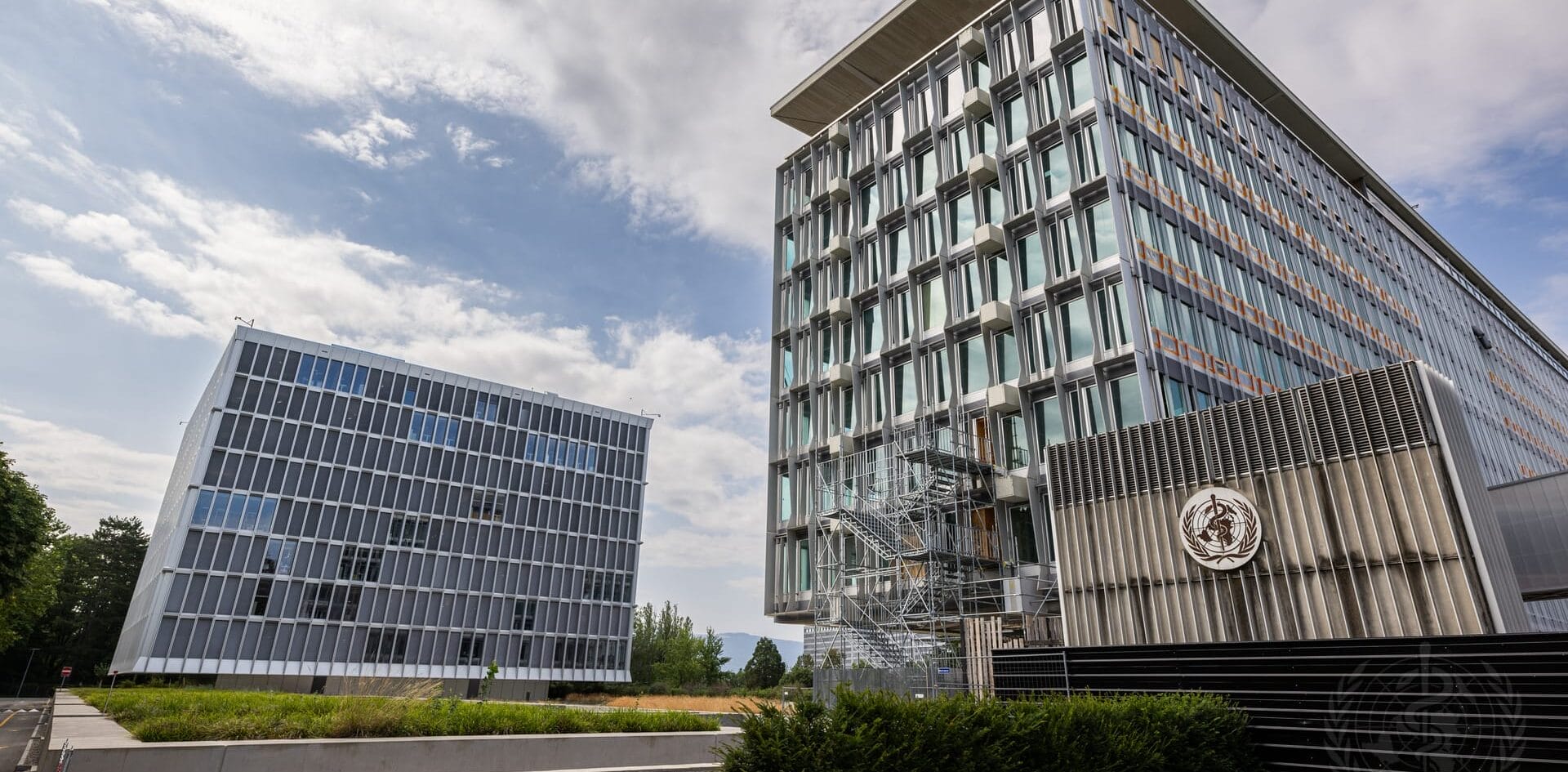
Topic Description
The World Health Assembly (WHA) has underscored its commitment to combating tuberculosis (TB) through its End TB Strategy, aiming to eliminate TB as a global health threat by 2035. This ambitious strategy aligns with the Sustainable Development Goals (SDGs) and focuses on reducing TB incidence by 90%, TB deaths by 95%, and ensuring that no family faces catastrophic costs due to TB by 2035.
Central to the End TB Strategy is the promotion of patient-centered care. The WHA emphasizes the need for accessible, high-quality TB services that are tailored to meet the needs of all individuals, including vulnerable populations such as children, the elderly, and those with co-morbidities like HIV. Efforts include improving diagnostic methods, ensuring uninterrupted supply of effective TB medicines, and providing holistic care that addresses the social and economic determinants of TB.
Another critical objective is the strengthening of health systems to support TB control. This involves enhancing laboratory capacities for accurate diagnosis, integrating TB services into broader health systems, and training healthcare professionals to manage TB effectively. The WHA advocates for comprehensive health insurance schemes and social protection policies to minimize the economic burden on patients and their families.
The strategy also prioritizes the need for intensified research and innovation. Recognizing that current tools are insufficient to eliminate TB, the WHA calls for accelerated development of new vaccines, diagnostic tools, and treatment regimens. Public-private partnerships are encouraged to foster innovation and ensure that new technologies are rapidly translated into practice.
Addressing the social determinants of TB is another key focus. The WHA emphasizes that TB control efforts must go beyond the health sector to address factors such as poverty, malnutrition, and living conditions. Multi-sectoral collaboration is essential, involving government agencies, non-governmental organizations, and communities to create supportive environments that reduce TB transmission and improve treatment outcomes.
Global collaboration and accountability are vital components of the End TB Strategy. The WHA encourages countries to adopt robust monitoring and evaluation frameworks to track progress, and share best practices. International funding and technical assistance are also critical to support low-resource settings that face significant challenges in implementing effective TB control measures due to limited healthcare infrastructure, financial constraints, and social determinants that exacerbate the spread and impact of the disease.
In summary, the WHA’s End TB Strategy is a comprehensive approach aimed at eradicating tuberculosis through patient-centered care, strengthened health systems, research and innovation, addressing social determinants, and fostering global collaboration. By implementing these strategies, the WHA seeks to achieve significant reductions in TB incidence and mortality, ultimately eliminating TB as a public health threat by 2035.
Join our mailing list!
Sign up form
Or stay up to date with the latest WIMUN news by following us on social media!



